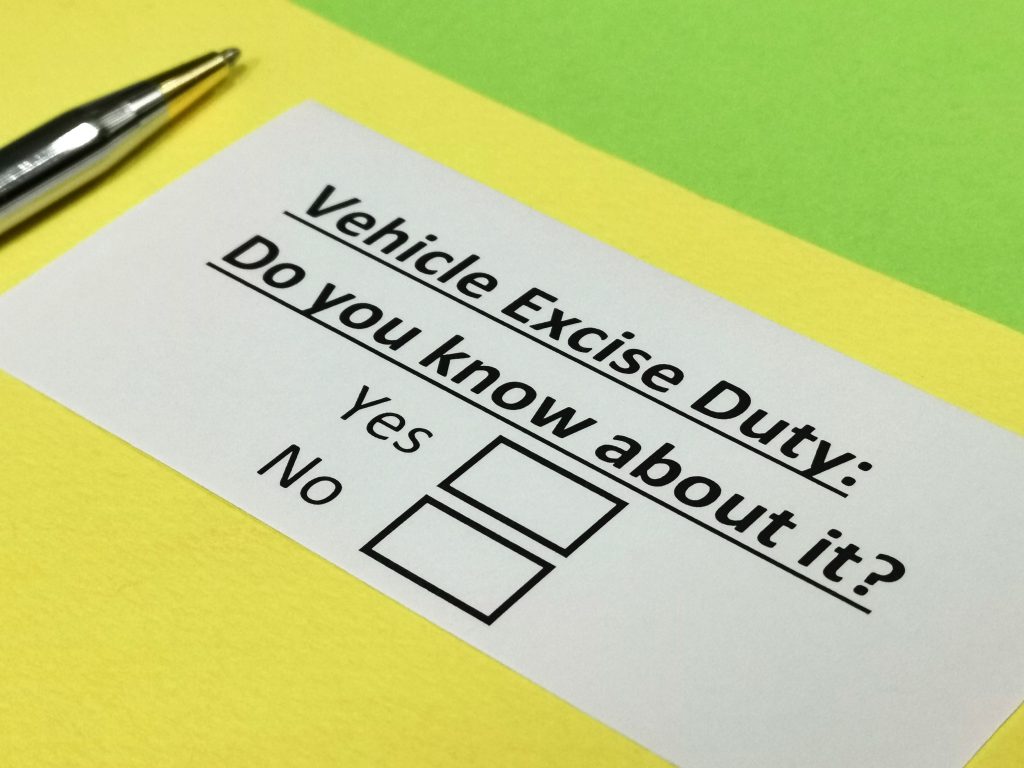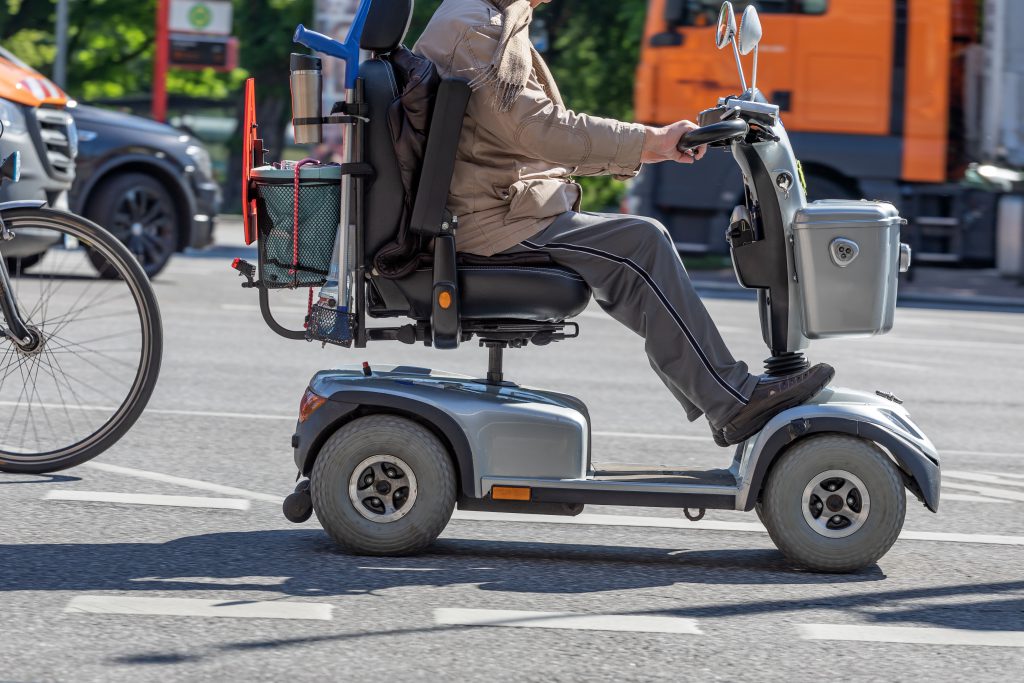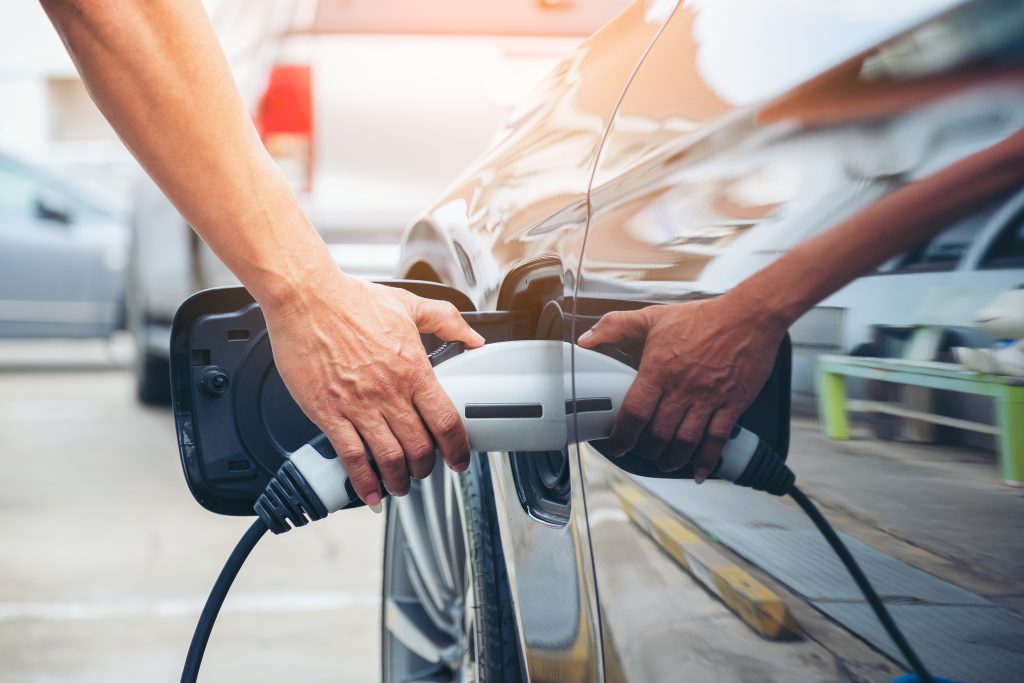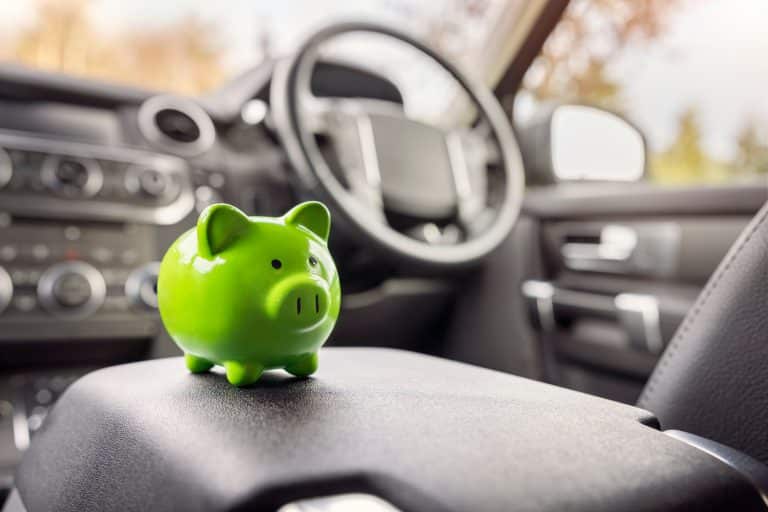A road tax exemption is applied to drivers who are not required to pay a tax on their vehicle. But which vehicles are exempt from tax exactly? Could you be exempt from road tax? You’ve come to the right place to find out.
- What are road tax exemptions?
- What vehicles are exempt from road tax?
- Which cars are exempt from road tax?
- Is road tax exempt from VAT?
- How to apply for a road or vehicle tax exemption?
What are road tax exemptions?

Simply put, a road tax exemption (officially known as a Vehicle Excise Duty or VED) is applied to a type of vehicle which is not required to be taxed. Whether a driver needs to pay vehicle tax or not can be dependent on the vehicle itself or the driver of the vehicle. Rules and regulations regarding a UK road tax exemption are determined by the DVLA, a UK government organisation.
Which vehicles are exempt from road tax?

The following types of vehicles are exempt from road tax.
Historic vehicles
One vehicle tax exemption can be applied to all vehicles which were made before the 1st of January 1982. These vehicles are referred to as ‘historic’ or ‘classic’, and whilst a 40-year-old vehicle might not seem that ‘historic’, this is the timeframe the UK government uses to consider vehicles tax exempt.
Powered wheelchairs & mobility vehicles
Paying road tax is not necessary for drivers of mobility vehicles, also known as mobility scooters, or powered wheelchairs.
However, in order to be eligible for exemption, the wheelchair or mobility vehicle must have a maximum speed of 8mph and have fitted devices which prevent it from travelling faster than 4mph on footpaths.
Vehicles driven by a person with a disability
Drivers with a disability may be exempt from paying vehicle tax, but it does depend on the benefits the individual claims for. A disabled person claiming the below benefits can be eligible for tax exemption:
- War Pensioner’s Mobility supplement
- Higher rate mobility component of child disability payment
- Higher rate mobility component of disability living allowance (DLA)
- Enhanced rate mobility component of personal independence payment (PIP)
- Enhanced rate mobility component of adult disability payment (ADP)
- Armed forces independence payment
You can also get a 50% discount off your vehicle tax if you claim either:
- Standard rate mobility component of adult disability payment
- Standard rate mobility component of personal independence payment
Getting a vehicle via a Motability scheme, depending on the disabled person’s personal needs, would mean the vehicle is exempt from tax.
Disabled passenger vehicles
Any vehicle used by an organisation who provide a transporting service for disabled people are exempt. This, however, does not include ambulances.
Agricultural vehicles
There are some specific, specialist vehicles which are exempt from tax. Any tractor on the road is exempt, for example.
Any ride-on lawn mowers which can be driven on the road are also exempt. Otherwise, for agricultural vehicles, vehicles with an agricultural engine or any light agricultural vehicles used off-road do not need to be taxed.
Steam-powered vehicles
Any vehicle that is ‘steam-powered’ is exempt from tax. This means that a driver of a car propelled by a steam engine does not need to pay vehicle tax.
What cars are exempt from road tax?

There are different types of cars, in particular, which are also deemed exempt from car tax.
Cars producing low CO2 emissions
Following the UK government’s aim to encourage more drivers to use diesel cars, to reduce CO2 emissions, it was decided that any car that produced less than 100 grams per kilometre of CO2 and is also registered between 1 March 2001 and 31 March 2017 would become exempt from tax.
You will need to provide proof of how much CO2 your vehicle emits and its age in order to be eligible for this car tax exemption.
Electric cars
As it stands, electric cars are exempt from the annual tax charge and the one-off, first-year tax payment.
‘SORN’ cars
‘SORNing‘ a car means declaring that it is officially unused by the driver. Whilst the driver, therefore, will not be able to drive the vehicle anymore, they will also not be expected to pay car tax on it.
Is road tax exempt from VAT?
Road tax is exempt from VAT in the UK. The reason for this is because Vehicle Excise Duty is considered a form of direct taxation on vehicle ownership rather than a value-added tax on goods or services.
How to apply for a road or vehicle tax exemption
To apply for a road tax exemption for your car or vehicle, you will need to apply at a Post Office which can manage vehicle tax. You will need to bring along proof of existing vehicle tax (a vehicle must be taxed even if you are not paying taxon it), a valid MOT certificate, a V5C logbook, a vehicle registration certificate and an insurance certificate.
For all the specifics around road and vehicle tax in the UK, visit the UK government website.
If you would like to learn more about how we could help you with a car insurance policy, visit an A-Plan local branch or give us a call on 01626 244 890.
You could also read:
- Car Tax Checker: check if your car is taxed
- Can you tax a car without an MOT?
- How to cancel car tax
- Car tax: how do car tax bands work?
- Are e-scotters legal – do you need insurance?
- How long does an MOT take?
- Motorcycle Mots: all you need to know
- Car insurance for new drivers
- UK provisional driving licence: A complete guide
- Lost V5c: How to get a replacement logbook
- SORN my car: How to declare your vehicle as off the road
- What is a Cat N car?
- How to check if a car is insured?
- All the Info You Need on Your V5C Log Book
- V5C New Keeper Slip: How to Change a Car’s Registered Keeper
- The V62 form [A Complete Guide]
- Lost V5c: How to get a replacement log book
- Car Insurance Groups [A Complete Guide]
- Car Insurance Group Checker

